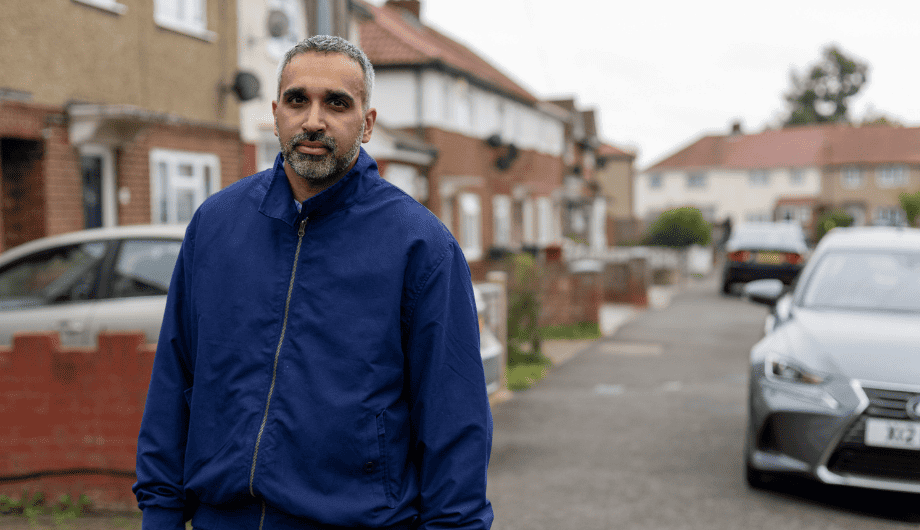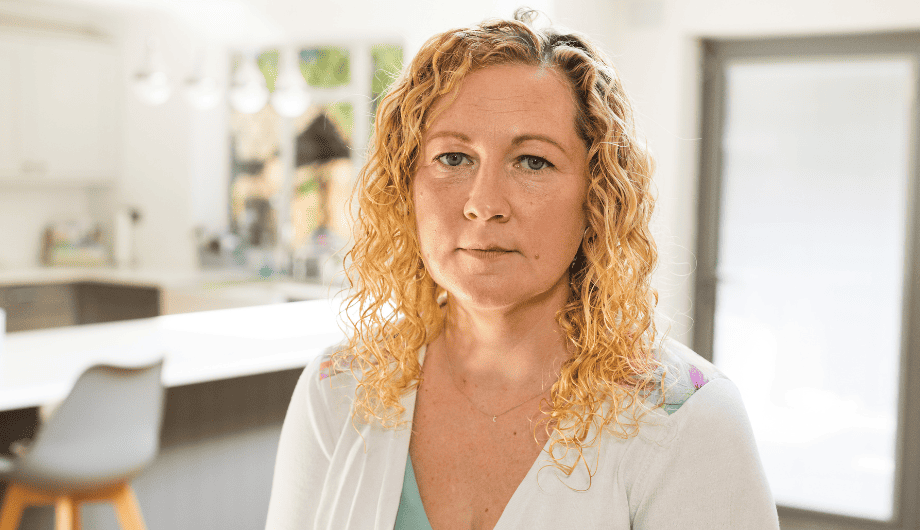
Saïna’s story – A song for my beloved grandpa, Ralph
Saïna opens up about how her grandfather’s dementia has affected her, and how songwriting has provided a release.
Driving is an important source of independence and enjoyment for many people, but the skills it involves are often affected by dementia.
For this reason, when someone is diagnosed with dementia, it’s essential to consider whether they are safe to drive – at the time of diagnosis and as their condition progresses.
When someone is diagnosed with dementia, they are legally required to inform the Driver and Vehicle Licensing Agency (DVLA – in England, Scotland and Wales) or the Driver and Vehicle Agency (DVA – in Northern Ireland).
It doesn’t automatically mean they will have to give up driving straight away, although this is a possibility.
You can notify DVLA Medical Enquiries:
In Northern Ireland, you can notify DVA Medical Issues:
Once the relevant authority has been informed, they might make a decision immediately, or:
They will then let the person know the outcome by letter. There are four possible outcomes:
If the person continues to drive when they have had to surrender their licence, they could be fined or prosecuted.
If the person with dementia doesn’t inform the DVLA/DVA of their diagnosis, their GP may disclose relevant medical information to the agency. This can be done without their permission but is best avoided if possible, as it can cause distress and resentment.
It is also a legal requirement to inform the person’s insurance company of their diagnosis. If not, their insurance will be invalid.
Often, it’s better if the person with dementia stops driving voluntarily. This reduces the risk to them and others and allows them to feel more in control of what can be a difficult situation.
If the driver decides to surrender their licence, they need to inform the DVLA/DVA.
In England, Scotland and Wales they should use the Declaration of voluntary surrender for medical reasons form.
In Northern Ireland, they should send both parts of their driving licence and a covering letter explaining their condition to the DVA at the address above.
If the person with dementia has been told they can continue driving, these tips may help them feel safe and confident behind the wheel:
If possible, go out in the car with the person at regular intervals so you can see if they are driving safely. If you believe they are no longer safe to drive:
Giving up driving can be very upsetting for a person with dementia. It can cause frustration, a sense of loss, and a loss of independence. It is important to acknowledge their feelings and allow them to talk if they want to.
Speaking to others who have been through the same thing may be helpful. Support groups like memory cafés, online groups and forums offer opportunities to share experiences. You can call the Admiral Nurse Dementia Helpline for information about local services.
Driving Mobility Centres provide ‘driver retirement support’ for people who have stopped driving, helping them manage this difficult time and giving advice on other transport options and mobility aids like mobility scooters.
When someone has to stop driving, it can be difficult for families too.
The person with dementia might blame the person who cares for them for taking away their car, putting relationships under strain. Family members may also see the person stopping driving as evidence of their dementia progressing, which can be upsetting.
Practically speaking, family and friends may be called upon more often to drive them around or accompany them on public transport. And if the person’s partner doesn’t drive, everyday activities like shopping and socialising may become harder.
However, it is still possible to have a fulfilling life after giving up driving. For example, you could:
With ongoing support and understanding, the person with dementia and those who care for them can successfully adjust to not driving.
To speak to a dementia specialist Admiral Nurse about driving or any other aspect of dementia, please call our free Dementia Helpline on 0800 888 6678 (Monday-Friday 9am-9pm, Saturday and Sunday 9am-5pm, every day except 25th December), email helpline@dementiauk.org or you can pre-book a phone or video call with an Admiral Nurse.
Our free, confidential Dementia Helpline is staffed by our dementia specialist Admiral Nurses who provide information, advice and support with any aspect of dementia.

Saïna opens up about how her grandfather’s dementia has affected her, and how songwriting has provided a release.

Ricky’s talks about how his Gran’s dementia diagnosis impacts his whole family and why he is supporting the ‘We live with dementia’ campaign.

As a carer for her mum, who has vascular dementia, Clare is taking part in our ‘We live with dementia’ campaign to make more people aware of the support our nurses offer.